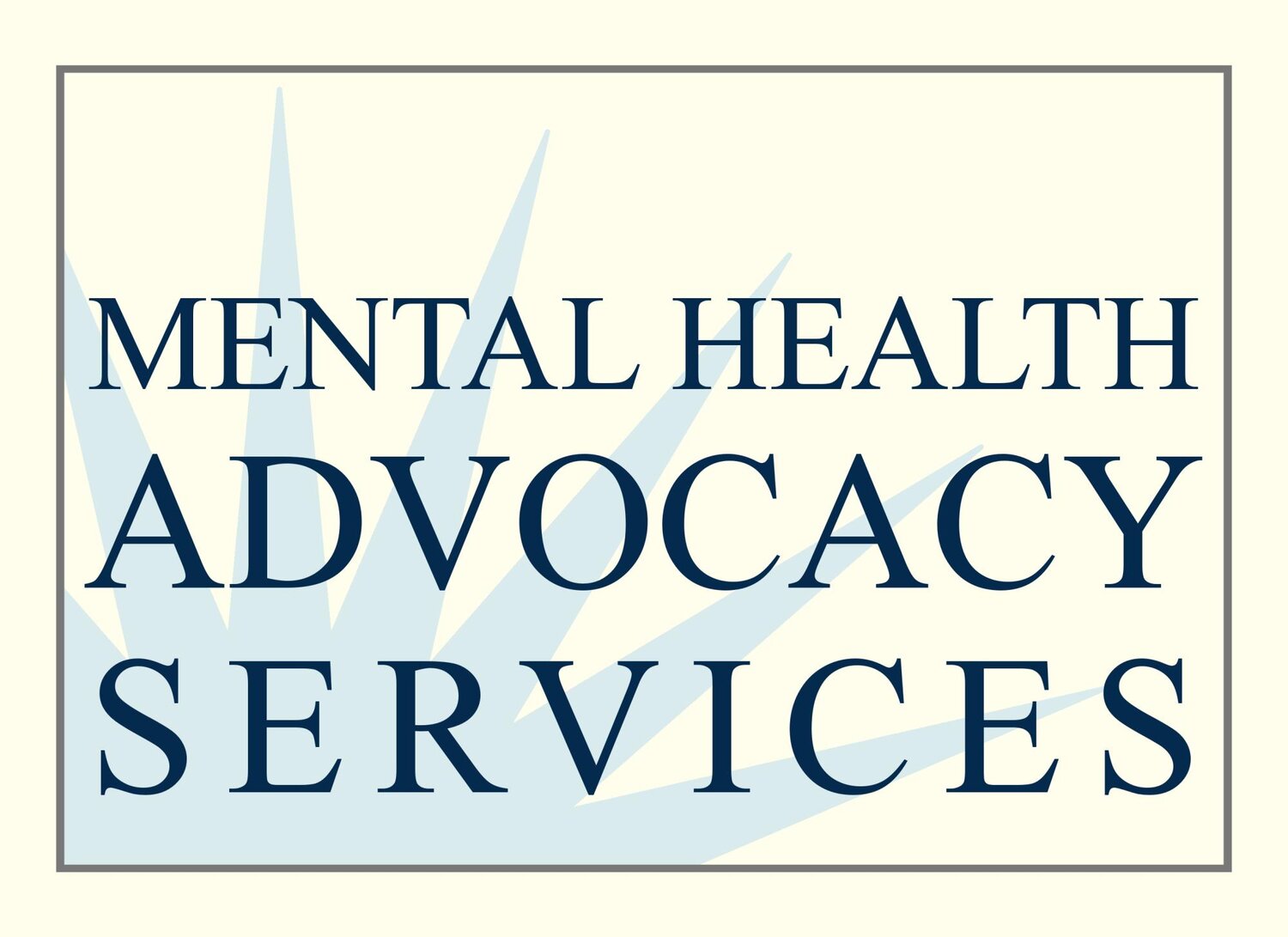It’s Conference Season: Annual Summit of the National Center for Medical-Legal Partnership
by Eliza SchaflerEliza Schafler is an MHAS Equal Justice Works Fellow sponsored by Greenberg Traurig, LLP.
 I know that my last post was about a conference, but I was just getting started. Judging by our busy schedule, spring is conference season! This blog is a great way to update our supporters on the community gatherings that matter to us, in Los Angeles and beyond.As the attorney running our Behavioral Health-Legal Partnership (BeHeLP), I was especially excited to return to Washington D.C. last week for another Annual Summit of the National Center for Medical-Legal Partnership. This conference is the only chance for medical-legal partnerships (MLPs) from around the country to gather and discuss best practices; this year, approximately 400 doctors, physical and mental health professionals, social workers, and attorneys were in attendance. Although the MLP movement still feels new, this year was also the 10th anniversary of the Summit – a real testament to our progress in recognizing and treating the social determinants of health.
I know that my last post was about a conference, but I was just getting started. Judging by our busy schedule, spring is conference season! This blog is a great way to update our supporters on the community gatherings that matter to us, in Los Angeles and beyond.As the attorney running our Behavioral Health-Legal Partnership (BeHeLP), I was especially excited to return to Washington D.C. last week for another Annual Summit of the National Center for Medical-Legal Partnership. This conference is the only chance for medical-legal partnerships (MLPs) from around the country to gather and discuss best practices; this year, approximately 400 doctors, physical and mental health professionals, social workers, and attorneys were in attendance. Although the MLP movement still feels new, this year was also the 10th anniversary of the Summit – a real testament to our progress in recognizing and treating the social determinants of health. One of the most special features of this conference is its interdisciplinary nature. Included in this year’s conference was a poster session, much like those at scientific conferences. Through posters, MLPs could share their data on how legal services can positively impact individual health outcomes, efficiency of health care, and more.
One of the most special features of this conference is its interdisciplinary nature. Included in this year’s conference was a poster session, much like those at scientific conferences. Through posters, MLPs could share their data on how legal services can positively impact individual health outcomes, efficiency of health care, and more. Providers and advocates for children were well-represented. I attended one panel by the Legal Aid Foundation of Los Angeles and The Children’s Clinic in Long Beach, who are partnering to combat toxic stress in early childhood through anti-domestic violence advocacy. A second panel detailed the research landscape on Adverse Childhood Experiences, which impact children into adulthood.For me, perhaps the greatest highlight was the opportunity to meet in person with the members of the Behavioral Health MLP Network, a group I helped to found that is comprised of professionals from around the country who are using the MLP model to focus on mental health. We shared our victories and challenges and made plans to expand our network and our impact.
Providers and advocates for children were well-represented. I attended one panel by the Legal Aid Foundation of Los Angeles and The Children’s Clinic in Long Beach, who are partnering to combat toxic stress in early childhood through anti-domestic violence advocacy. A second panel detailed the research landscape on Adverse Childhood Experiences, which impact children into adulthood.For me, perhaps the greatest highlight was the opportunity to meet in person with the members of the Behavioral Health MLP Network, a group I helped to found that is comprised of professionals from around the country who are using the MLP model to focus on mental health. We shared our victories and challenges and made plans to expand our network and our impact.
